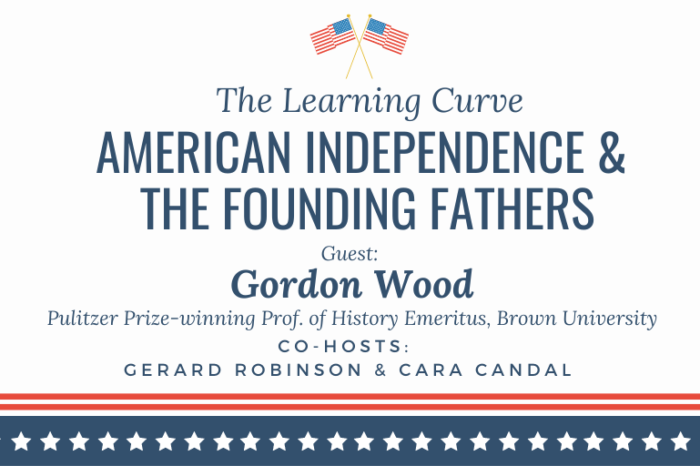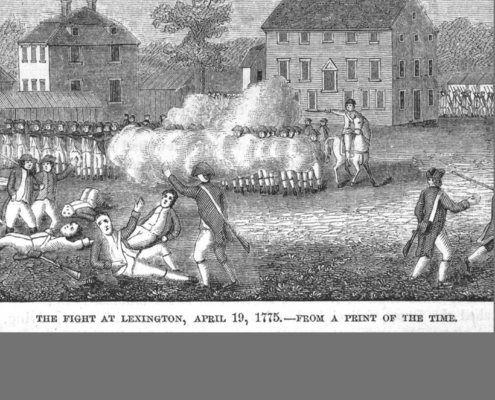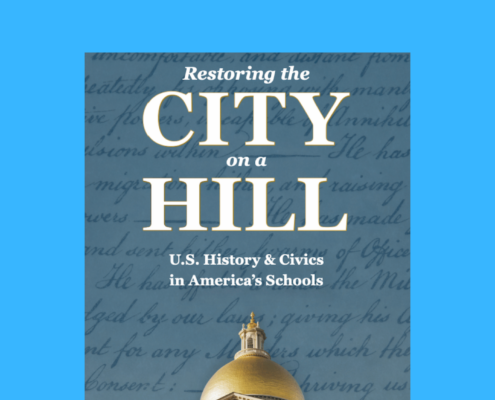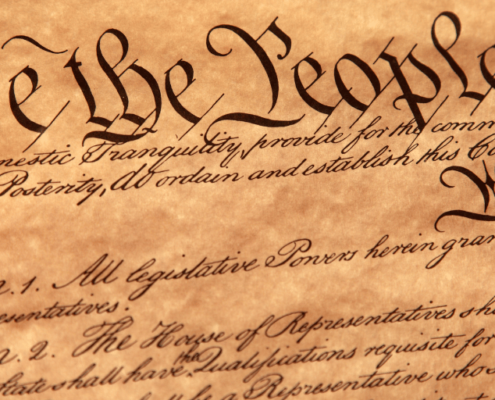Brown Uni.’s Pulitzer-Winning Prof. Gordon Wood on American Independence & the Founding Fathers
This week on “The Learning Curve,” Cara and Gerard are joined by Gordon Wood, Alva O. Way University Professor and Professor of History Emeritus at Brown University and author of the Pulitzer Prize-winning book, The Radicalism of the American Revolution. Professor Wood shares his wisdom about the many ways in which the Revolution marked a new beginning for humanity, reversing the centuries-old, top-down understanding of government and society. They begin with the efforts of Founders such as Thomas Jefferson and Benjamin Rush to institute universal public education to nurture the well-educated and enlightened citizenry that they viewed as the backbone of the Republic. They discuss why George Washington’s “disinterest” in political rewards for military victory was so unique and extraordinary among his international contemporaries. Professor Wood also explains how the American Revolution gave rise to the first anti-slave movements in world history, and how actions taken to abolish slavery led to its eventual demise as a result of the Civil War. They also delve into the lives of the Revolutionary era’s often less well-known female figures, including Abigail Adams, Mercy Otis Warren, Judith Sargent Murray, and the inspirational freed slave poet, Phillis Wheatley. Professor Wood concludes with observations on Aaron Burr, popularized through “Hamilton,” the phenomenally successful musical, and the character traits and actions that have cast Burr as one of American history’s most notorious Founding era figures. The Learning Curve team would like to wish everyone a Happy Fourth of July!
Stories of the Week: A “Good Morning America” feature story highlights how African-American history will likely see greater traction across the nation’s classrooms, thanks to teachers’ efforts to move beyond outdated textbooks and create their own culturally-sensitive learning materials. The supervisory group for the Nation’s Report Card announced this week that it is cancelling national assessments of U.S. history or civics in 2021 for eighth graders. Is this decision reflective of a legitimate concern about spreading COVID, or merely a concession to the country’s growing anti-testing movement?
Guest:
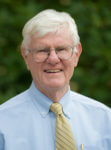 Gordon Wood is Alva O. Way University Professor and Professor of History Emeritus at Brown University. He taught at Harvard University and the University of Michigan before joining the faculty at Brown in 1969. Wood is the author of The Creation of the American Republic, 1776-1787, which won the Bancroft Prize and the John H. Dunning Prize, and The Radicalism of the American Revolution, which won the Pulitzer Prize for History, and the Ralph Waldo Emerson Prize. Professor Wood’s The Americanization of Benjamin Franklin was awarded the Julia Ward Howe Prize by the Boston Authors Club. His volume in the Oxford History of the United States, Empire of Liberty: A History of the Early Republic, 1789-1815 won the Association of American Publishers Award for History and Biography, the American History Book Prize by the New York Historical Society, and the Society of the Cincinnati History Prize. In 2011, Wood was awarded a National Humanities Medal by President Obama and the Churchill Bell by Colonial Williamsburg. His reviews appear in The New York Review of Books, and he is a fellow of the American Academy of Arts and Sciences and the American Philosophical Society. He earned his B.A. degree from Tufts University and his Ph.D. from Harvard University.
Gordon Wood is Alva O. Way University Professor and Professor of History Emeritus at Brown University. He taught at Harvard University and the University of Michigan before joining the faculty at Brown in 1969. Wood is the author of The Creation of the American Republic, 1776-1787, which won the Bancroft Prize and the John H. Dunning Prize, and The Radicalism of the American Revolution, which won the Pulitzer Prize for History, and the Ralph Waldo Emerson Prize. Professor Wood’s The Americanization of Benjamin Franklin was awarded the Julia Ward Howe Prize by the Boston Authors Club. His volume in the Oxford History of the United States, Empire of Liberty: A History of the Early Republic, 1789-1815 won the Association of American Publishers Award for History and Biography, the American History Book Prize by the New York Historical Society, and the Society of the Cincinnati History Prize. In 2011, Wood was awarded a National Humanities Medal by President Obama and the Churchill Bell by Colonial Williamsburg. His reviews appear in The New York Review of Books, and he is a fellow of the American Academy of Arts and Sciences and the American Philosophical Society. He earned his B.A. degree from Tufts University and his Ph.D. from Harvard University.
Tweet of the Week:
“The Supreme Court delivered a major victory to parents who want to choose the best school for their children, including religious schools,” said senior attorney Erica Smith. “This is a landmark case in education." https://t.co/prZTNsKc5o
— Institute for Justice (@IJ) June 30, 2020
News links:
ABC News: Teachers are reinventing how Black history, anti-racism are taught in schools as system falls short
EdWeek: U.S. History and Civics a No-Go Next Year for Nation’s Report Card
https://blogs.edweek.org/edweek/inside-school-research/2020/06/naeps_us_history_and_civics_a_.html
Get Updates On Our US History Initiative
Related Posts

